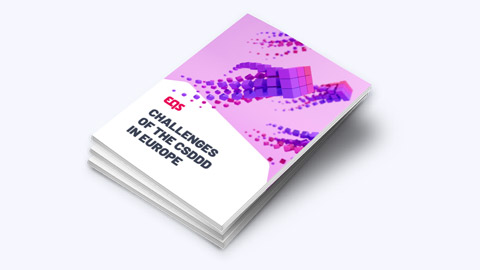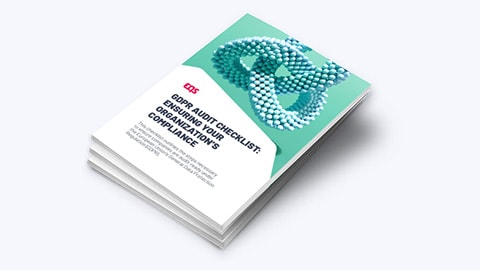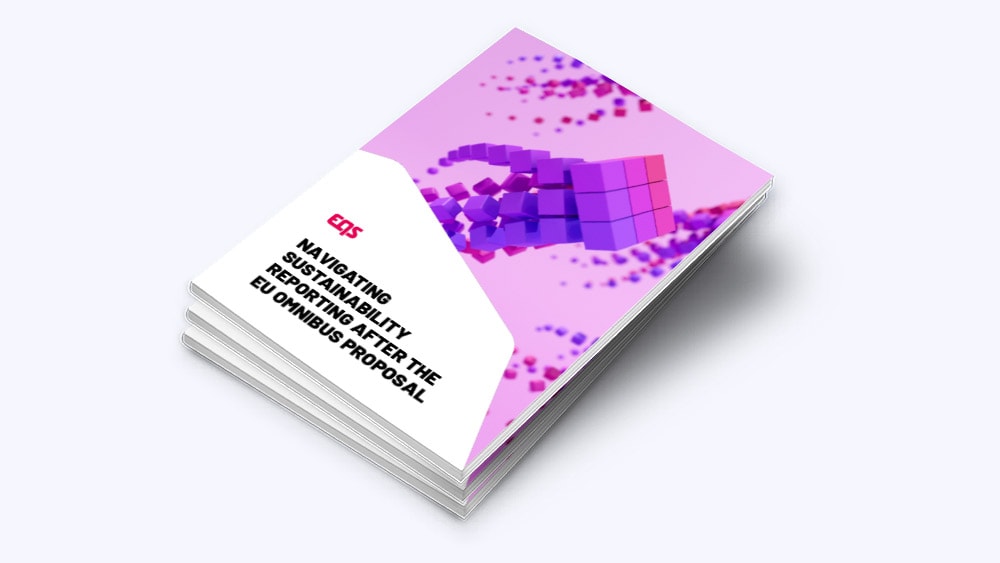4 Compliance Strategies for Dealing With Gifts and Hospitality
Different approaches to approving gifts and hospitalities in a business context

Gifts can play an important role in developing relationships. In a business context, however, they can create uncertainty: is a bottle of wine from a business partner an appropriate gift or an attempt at bribery? Is it okay to accept an invitation from an external service provider to celebrate a completed project or could this cause issues with compliance?
Compliance officers don’t want to be pigeonholed as spoilsports. In some situations, gifts and invitations are clearly unproblematic – but in others they are not and there are also grey areas. How do companies manage this? We present four common approaches.
1. The “old school” laissez-faire approach
This first strategy should be avoided as it creates risk within an organisation. Essentially, it can be described as having a very laissez-faire approach to gifts and invitations with no documentation. Swiss luxury watches, visits to luxury establishments, donations with no supporting documentation are all permitted. With this approach, compliance is seen as just obstructing business. The supporters of this view are becoming fewer and farther between.
Global awareness of compliance is increasing. The increasing number of lawsuits and fines in connection with corruption, which for some companies have been accompanied by high losses in profits and reputation, is an important factor. In addition, younger employees in particular place a lot of importance on corporate values such as ethics and integrity.
2. The zero-tolerance policy
The other extreme is where all donations are prohibited. This may be very simple to implement but it does not align with business practice. Many departments (especially sales) do not support this approach and business partners can become frustrated when even the smallest gifts are not allowed. The practical reality therefore is that not many companies choose this approach.
3. Clear limits that cannot be exceeded
For this strategy, the company defines limits by value per gift or invitation that cannot be exceeded. This approach allows for the acceptance or giving of smaller gifts and invitations and takes into account different cultural norms by defining different limits for each country or category.
While it is relatively simple to implement, there are clear drawbacks of this strategy:
- Sometimes it is difficult to estimate the exact value of a gift or invitation
- Context-dependent exceptions are not provided for
- No clarity or control over whether limits are being observed
4. Value thresholds above which authorisation is required
This approach has proven to be the best combination of all the above strategies, namely defining value thresholds that vary depending on the country or category and then when gifts or invitations are above this threshold authorisation is required.
In terms of what threshold should be used, frequently, the respective tax assessment threshold is the basis for the acceptance of gifts and invitations (e.g. 35 EUR). Up to this value, employees can decide for themselves whether to offer or accept gifts – provided other requirements are met.
Approval processes apply to gifts and invitations above the value threshold. For example, a line manager can approve the receipt of more expensive but otherwise harmless gifts. Some companies collect these gifts and auction them off at the end of the year, the proceeds of which are donated to charity. For gifts that could be critical for a variety of reasons, the compliance officer must review and approve them. All approvals and reasons for these gifts must be documented.
This approach has a number of advantages:
- A flexible model that allows for the acceptance or giving of more expensive gifts and invitations, provided there are no exclusion criteria.
- A clear approval process that creates transparency and spreads the approval responsibility across several individuals (otherwise compliance officers would spend a lot of time checking gifts).
- Increases the direct responsibility of employees and managers, thereby raising their awareness of compliance.
The main disadvantage of this approach is that thresholds and approval processes need to be defined, requiring some initial effort, however, the time saved subsequently should balance this out. To encourage adoption, the process should be as simple as possible for employees, managers and those responsible for compliance. Specialised software solutions simplify the definition of thresholds and approval processes, minimising the administrative burden. Digital software solutions also create comprehensive audit trails of all actions taken; useful for audits or in the event of requests from the regulator.
Different countries, different customs
As mentioned above, it is difficult to define globally applicable value limits for gifts and invitations. An amount that is not acceptable in Angola may not be enough for dinner in Zurich. In addition, some countries have adopted their own legal standards which provide clear limits, particularly for anything involving public officials. In extreme cases, volatile currencies or high inflation could render value limits meaningless in some countries.
Compliance officers should therefore research the legal context and practices in different jurisdictions. If there is any uncertainty, consulting legal experts, local business leaders and sales teams can be useful. It’s also worth noting that when rules are drawn up in collaboration with the business, there is likely to be a high-level adoption.
For companies with an international footprint, the different rules across jurisdictions can become complex to manage. In this context, a simple and efficient digital process manages the administrative burden for you. Employees simply enter the gift and invitation information into the system and the approval process for the relevant jurisdiction begins. In addition, all processes are automatically documented and can be retrieved at any time.
Conclusion: An effective gift register is essential
Dealing with gifts and hospitality correctly from a compliance perspective is no easy task. It requires clear rules and processes, which must also be easily verifiable in the event of an external audit. Having a gift register is essential: who was given what by whom, when and for what occasion? The gift register should at the very least provide this information in order to be able to verify decision-making processes and reduce liability risk.
Due to the high number of approvals and country-specific guidelines and laws, larger and international companies are advised to use a digital solution that maps the entire compliance approval process easily and efficiently. Gifts and invitations are governed by the Foreign Corrupt Practices Act (FCPA) in the USA, Sapin II in France and by the UK Bribery Act. Thus, a digital solution helps to comply with national laws, enables employees to quickly carry out approval processes regardless of location and language and saves auditors a lot of time.
Nevertheless, rules and processes should not leave employees in sales, purchasing and management feeling frustrated. Smart and automated processes help to create the right balance between reliable compliance and growing the business. The use of specialised software helps to reduce internal friction while at the same time ensuring the effectiveness of the compliance programme when it comes to gifts and hospitality.

From establishing appropriate rules, defining procedures and responsibilities, to internal communication and employee training





